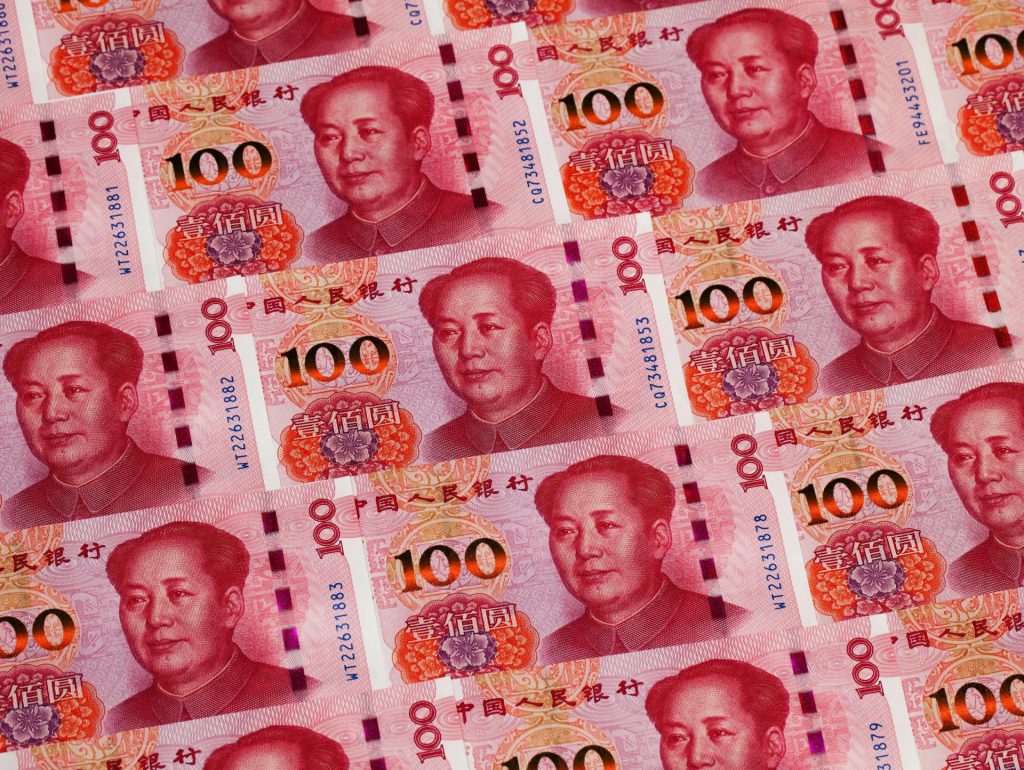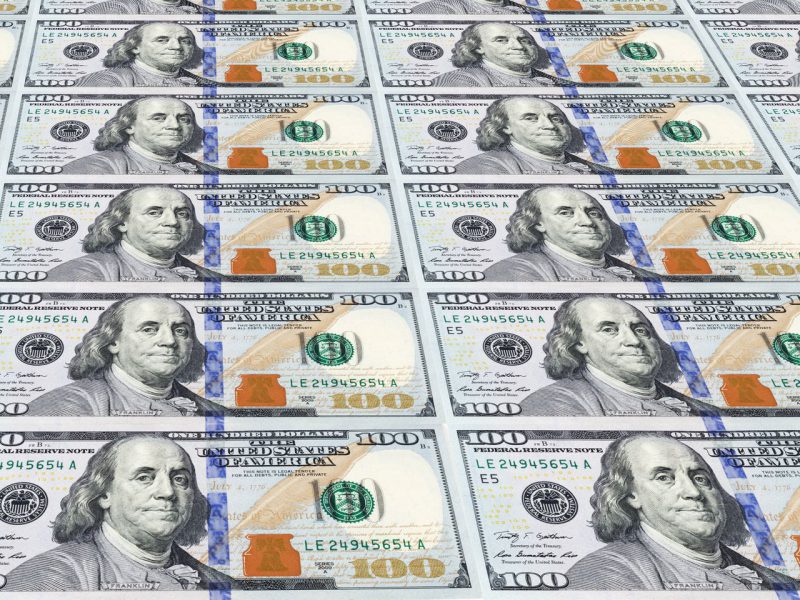The global economic landscape has seen a shift in recent years. Specifically, as the BRICS economic bloc continues to establish itself against the G7, its de-dollarization efforts have started to take hold. Subsequently, the eventual establishment of a BRICS currency could immediately affect the US dollar
The BRICS currency has been a topic of discussion for the past few weeks. Moreover, Brazil, Russia, India, China, and South Africa have noted its development as a prime talking point of the upcoming summit. However, its eventual arrival could affect the long-held dominance of the greenback.
US Dollar Will Lose Dependence


When the West imposed sanctions on Russia, it was believed that it would cut off the country from the world. Conversely, the move only cut off the country from its enemies, leaving the BRICS nations to embrace greater efforts to reduce their dependence on the West and the US dollar.
For a BRICS currency to come to fruition, it would undoubtedly affect the country’s dependence on the US dollar. Specifically, in the realm of international trade settlements. Subsequently, these settlements will occur without the utilization of the dollar and only in the form of the new currency created for this purpose.
The move will catapult financial freedom for the bloc. Moreover, it will negatively impact what has proven to be a fragile US economy. The value of the dollar is already fading, and this move would completely disregard it in global trade. Setting it on an even more dire course.
Threaten US Global Reserve Status


One aspect of the greenback that has always helped is its status as a global reserve currency. However, the arrival of a BRICS currency could threaten that. Subsequently, leading nations have the chance to diversify the currencies they utilize to lessen their overall reliance on, or reservations about, the dollar.
This would be beneficial to the BRICS nations, as it would allow them to no longer be prisoners of the dollar’s volatility. Alternatively, they will have the chance to fortify their own financial strength. Thus, adopting a currency used for international trade, and no longer dealing with only the dollar.
The BRICS nations currently hold most of their foreign exchange reserves in the greenback. Conversely, as the New Development Bank begins to implement a new trade currency, this will no longer be a necessity. Eventually, it will prove to be a positive for the countries, and a negative for the US native currency.





